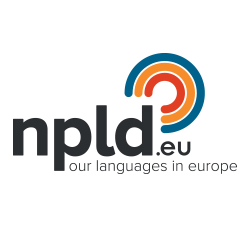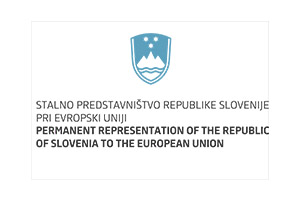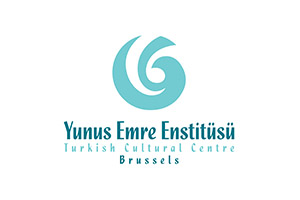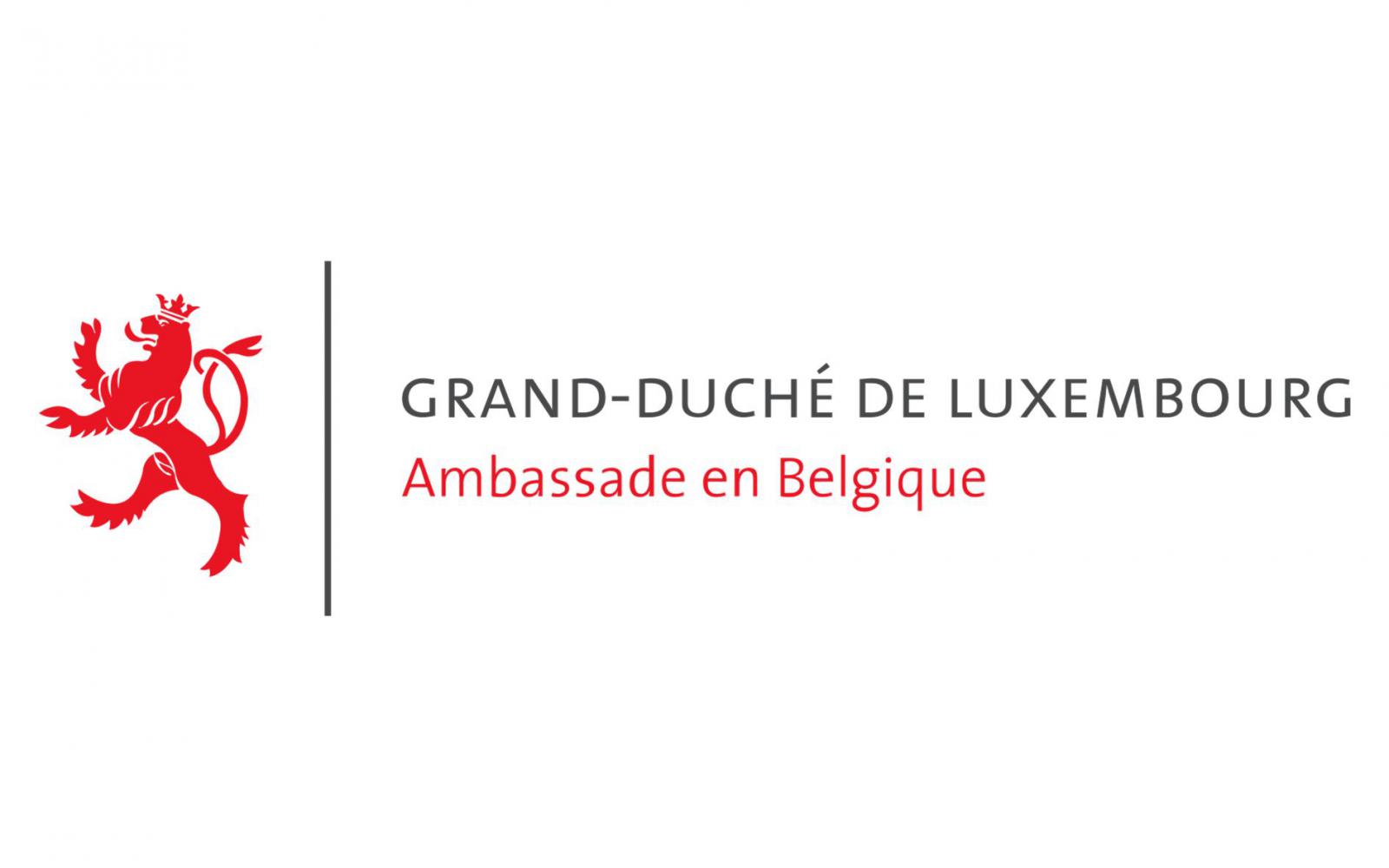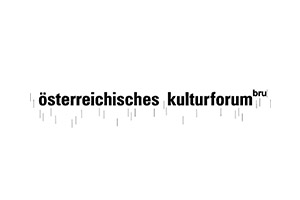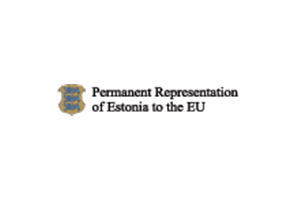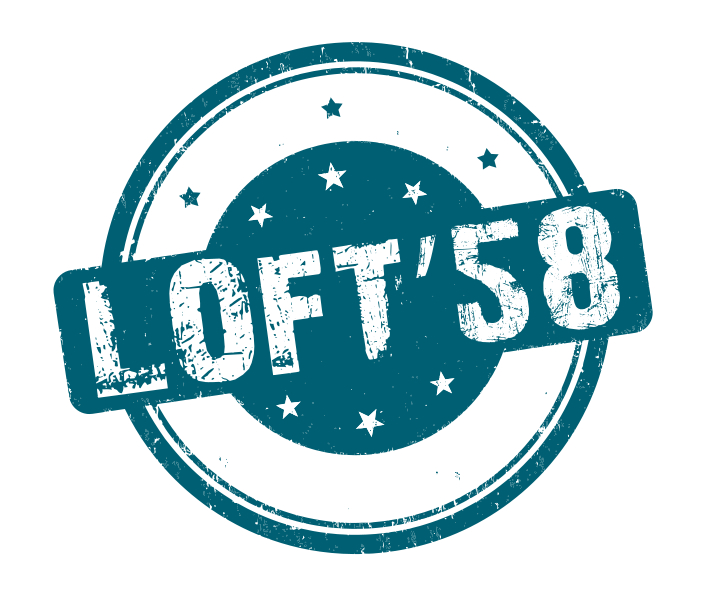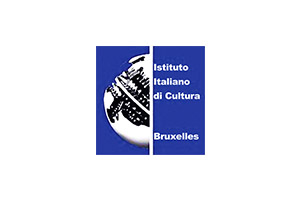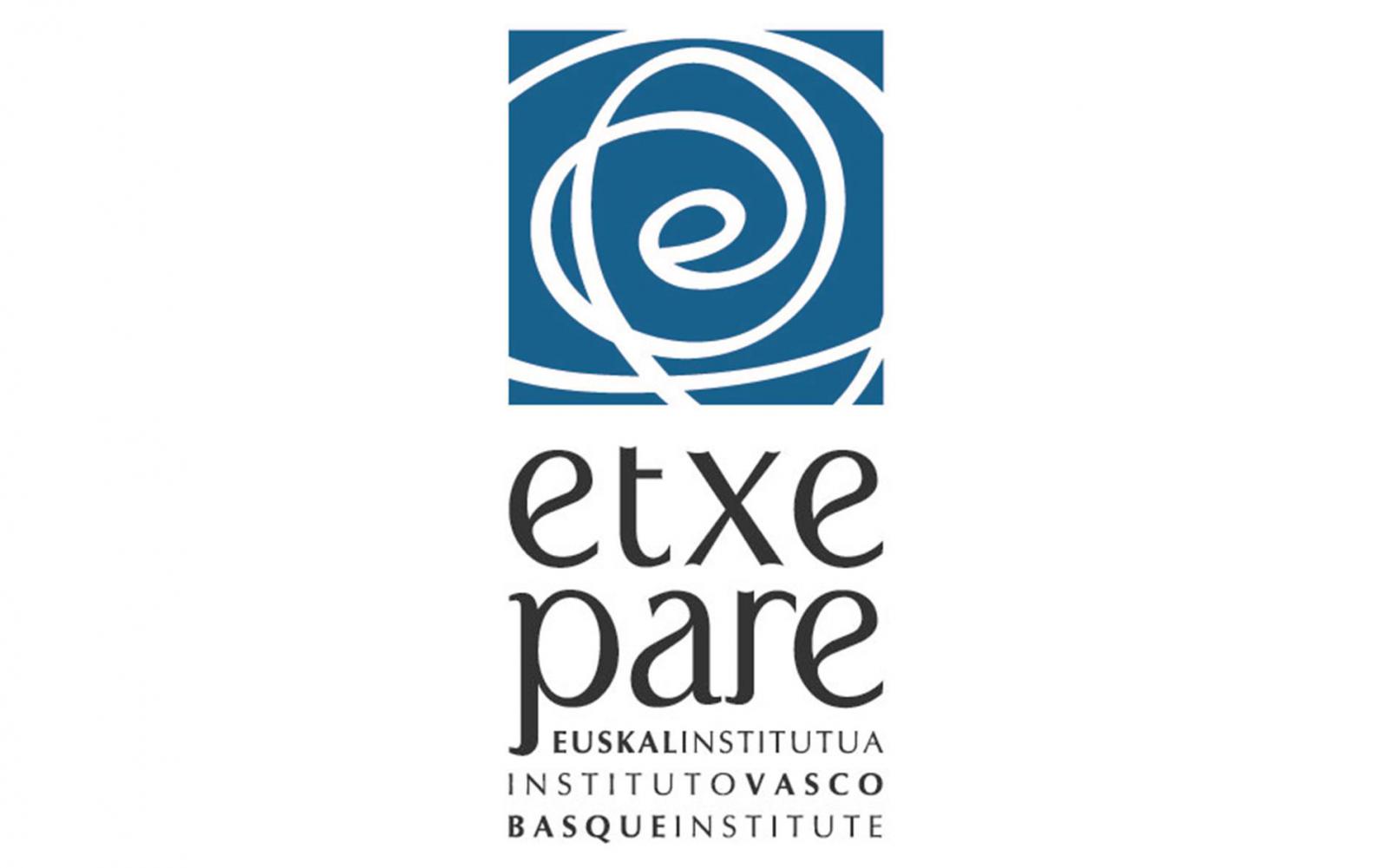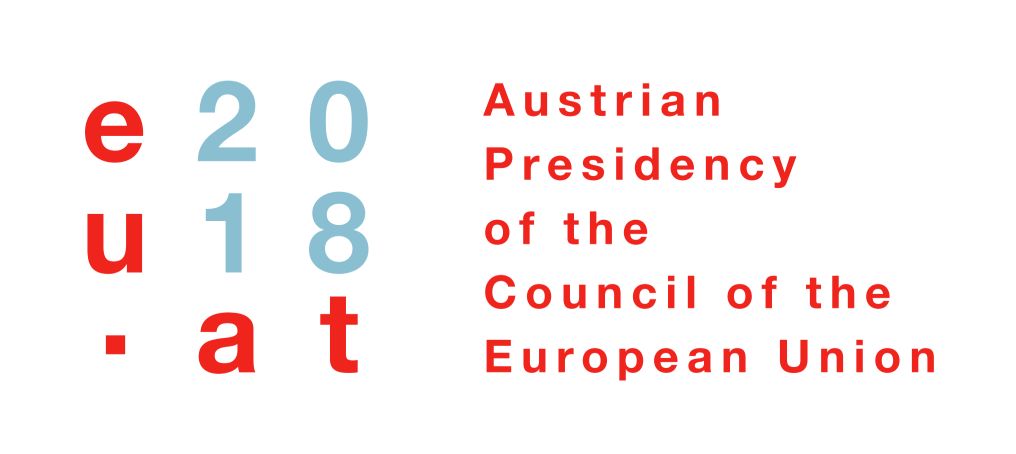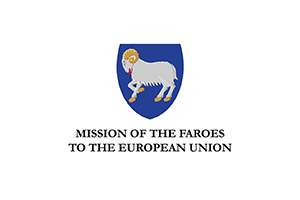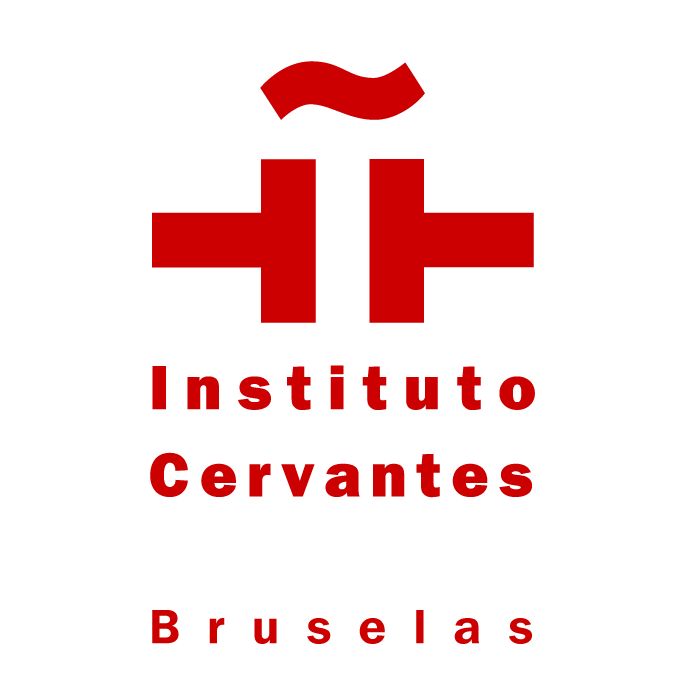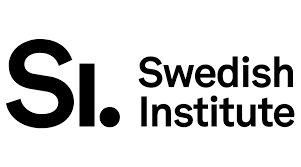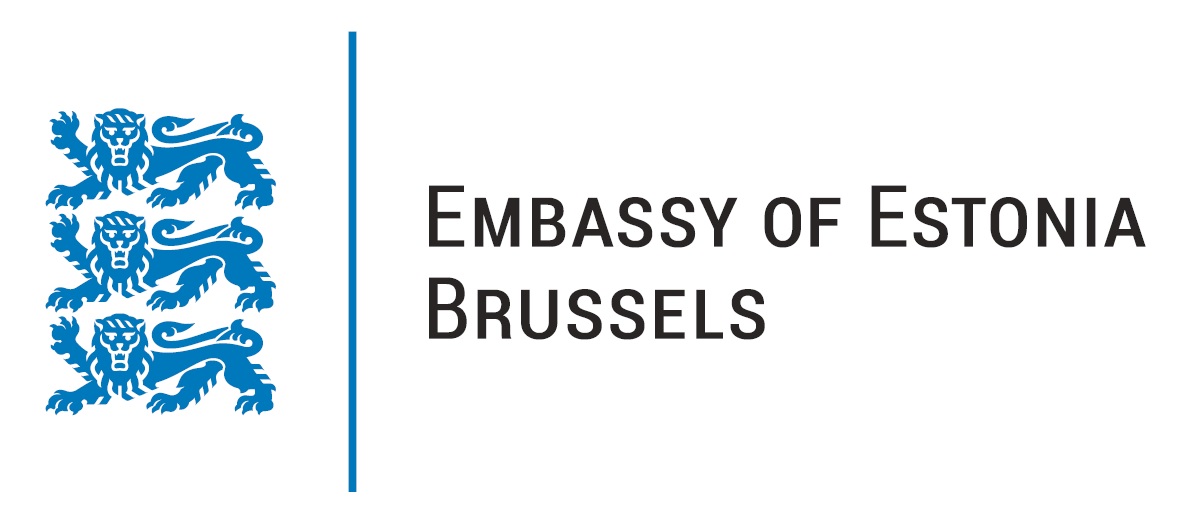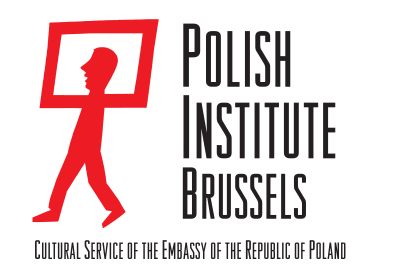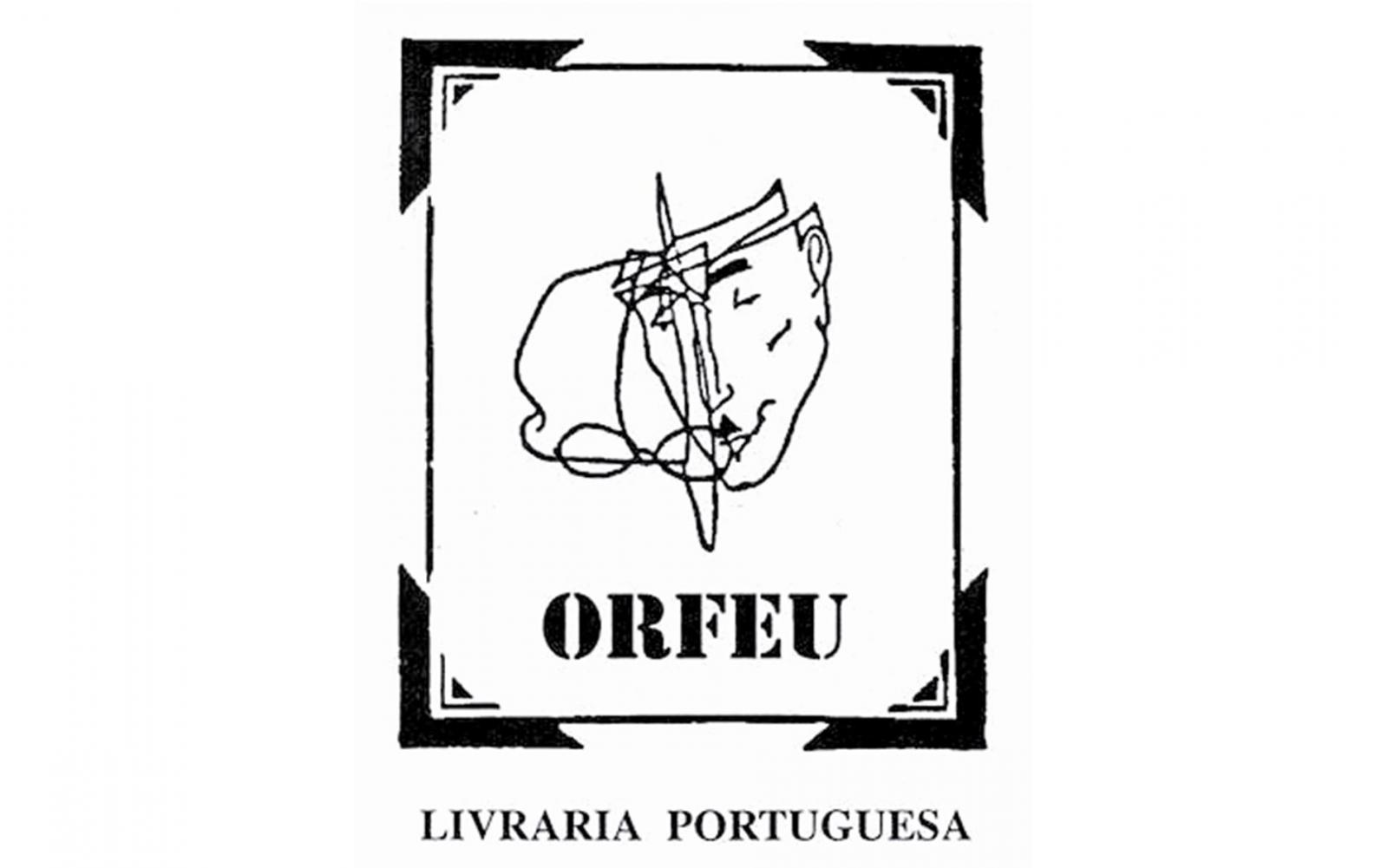Find a poem
Latest updates
-
TRANSPOESIE 2025
09/24/2025 -
Transpoesie 2025 - Programme
09/24/2025 -
Transpoesie 2025 - Open Call
04/16/2025
Азиланти
Азиланти
Под земјата се наоѓа најголемиот центар за азиланти.
Тоа се самоубијците, емигранти на оној свет,
неприфатени, потиснувани и измачувани во овој.
Подземниот азилен центар нуди слобода на движење
од периферијата кон центарот и обратно,
три оброци на ден и дневна пропусница за прошетка.
Азилантите имаат конфекциски број на својата алка.
Но, гледај. Обичните мртовци штрајкуваат со глад
за прекубројноста на самоубијците околу нив.
Не сакаат азиланти крај своите уредни домови,
не сакаат расфрлани јамки, празни шишенца за лекови,
искршени коски од паѓања и надуени мевови од давења,
во своите зелени градини поставуваат крстови наместо плашила
за оние што умреле без божја волја. Азилантите
се збунети и лути, со една нога наназад што постојано се враќа.
Едни заборавиле да остават порака, други да ја бакнат ќерката,
едни оставиле костум во пералница, други не составиле тестамент,
некои не откажале патување, а некои не закажале смрт.
И сега се тука. Со преведувачи во ходникот
и со папки во рацете чекаат да ги прими службеникот за азил.
Националност, пол, вера. Многумина имаат татко,
но не и татковина. Едни се алергични на ораница,
па не можејќи да ја бакнат својата земја морале да заминат под неа.
Некои биле цел живот бегалци пред себе
на кои никој не им платил лек против стареење.
Некои ја прокоцкале и несреќата, не само среќата.
Други со години не воделе љубов со љубовта на нивниот живот.
Некои ги убиле нивните ближни не со нож туку со игла или пинцета.
Меѓу нив има луѓе што се живи дури откако се мртви.
Полн е азилниот центар, ограден со боцлива жица од светот на обичните мртовци.
Пристигнав вчера. Добив две пропусници.
Дење ќе престојувам во дневниот центар за азиланти,
а ноќе во домот на обичните мртовци.
Не знам од каде нема да се вратам.
Asylum Seekers
The biggest asylum seekers’ centre is under the ground.
It’s the suicides, the migrants to the other world,
unaccepted, repressed and tortured in this.
The underground asylum seekers’ centre offers freedom of movement
from the periphery to the centre and vice versa,
three meals a day and a daily pass for a walk.
Asylum seekers have a standard size tag on their wristbands.
But look, the ordinary dead go on hunger strike
against the surplus of suicides around them.
They don’t want asylum seekers next to their neat homes,
they don’t want scattered nooses, empty pill bottles,
bones broken from falling and bellies swollen from drowning.
Instead of scarecrows they plant crosses in their green gardens
for those who died against God’s will. The asylum seekers
are confused and angry, with one foot dragging backwards all the time.
Some have forgotten to leave a message, others to kiss their daughter,
some have left a suit at the dry cleaner’s, others have not made their wills,
some haven’t cancelled their journeys, others not made an appointment with death.
And now they are here. With interpreters in the corridor
and folders in their hands they wait to be seen by the asylum officer.
Nationality, sex, religion. Many have fathers,
but no fatherland. Some are allergic to ploughed land,
and unable to kiss their soil, had to depart under the ground.
Some were life-long fugitives from themselves,
with no one to pay for pills to stop them ageing.
Some have squandered their misfortune too, not only their good fortune.
Others have not made love to the love of their life for years.
Some have been killed by their nearest and dearest not with a knife but a needle or forceps.
Among them are people who are alive only after they are dead.
The asylum seekers’ centre is full, fenced off with barbed wire from the world of the ordinary dead.
I arrived yesterday. Got two passes.
During the day I’ll be in the asylum seekers’ centre,
and at night in the home of the ordinary dead.
I don’t know which I won’t come back from.
Translation: Ljubica Arsovska & Peggy Reid
Les exilés
Le plus grand centre d’exilés se trouve sous terre.
Ce sont des suicidés, des immigrés dans l'au-delà,
rejetés, refoulés et martyrisés dans ce monde-ci.
L’asile souterrain offre une liberté de mouvement
de la périphérie vers le centre et vice versa,
trois repas par jour et un laissez-passer pour une promenade.
Les exilés portent sur leur anneau un numéro d’identification.
Mais, tiens. Les morts ordinaires font la grève de la faim :
trop de suicides autour d’eux.
Ils ne veulent pas d’exilés près de leurs maisons bien rangées,
pas de noeuds de pendu qui traînent partout, de flacons vides de médicaments,
d’os brisés par une chute et de ventres gonflés par noyade,
dans leurs jardins si verts ils installent des croix en guise d’épouvantails
pour ceux qui sont morts sans l’intervention divine. Les exilés
sont confus et en colère, un pied toujours en arrière.
Certains ont oublié de laisser un message, ont oublié d'embrasser leur fille,
d’autres ont laissé leur costume à la blanchisserie, n'ont pas fait leur testament,
n'ont pas annulé leur voyage, et tous ceux qui n’avaient pas prévu leur mort.
Et les voici maintenant ici. Dans un couloir, accompagnés d'un traducteur,
et dossiers à la main, ils attendent d'être reçus par l'employé de l'asile.
Nationalité, sexe, religion. Beaucoup ont un père,
mais pas de patrie. Certains sont allergiques à la terre
et ne pouvant pas l’embrasser ils ont disparu sous elle.
Certains ont passé leur vie à fuir en avant,
sans que personne ne leur paye un remède contre la vieillesse.
Certains ont joué leur bonheur mais aussi leur malheur.
D'autres n'ont pas fait l'amour pendant des années avec l'amour de leur vie.
Certains ont tué leurs proches, non avec un couteau mais avec une aiguille ou une pincette.
Parmi eux il y a ceux qui sont devenus vivants seulement après leur mort.
Le centre d'asile est plein, séparé du monde des morts ordinaires par un fil de fer.
J’y suis arrivé hier. J'ai reçu deux laissez-passer.
Le jour je séjournerai dans le centre d'asile de jour,
et la nuit dans le foyer des morts ordinaires.
J'ignore duquel des deux je ne reviendrai pas.
Traduction : Maria Béjanovska
Asielzoekers
Onder de grond bevindt zich het allergrootste asielzoekerscentrum.
Je vindt er zelfmoordenaars, geëmigreerd naar het hiernamaals
omdat ze in deze wereld niet zijn toegelaten en werden onderdrukt en gemarteld.
Het onderaardse asielzoekerscentrum biedt vrij verkeer
van de periferie naar het centrum en omgekeerd,
drie maaltijden per dag en een dagpasje om te kunnen wandelen.
De asielzoekers dragen een polsbandje met hun registratienummer.
Maar kijk. De gewone doden zijn in hongerstaking
tegen het enorme aantal zelfmoordenaars om hen heen.
Ze willen geen asielzoekers bij hun nette huizen,
ze willen geen rondslingerende stroppen en lege medicijnflesjes,
geen tijdens een val verbrijzelde botten of plastic zakjes waarmee ze zichzelf verstikten,
ze zetten in hun tuinen geen vogelverschrikkers neer, maar kruisen
voor degenen die buiten Gods wil zijn gestorven. De asielzoekers
zijn verward en boos, met een been achterwaarts wijzend, omdat het voortdurend terug wil.
Sommigen vergaten een berichtje achter te laten, anderen hun dochter een kus te geven,
de een liet bij de wasserij een kostuum liggen en de ander liet na een testament te maken,
sommigen wilden niet meer reizen, anderen wilden eigenlijk niet dood.
En nu zijn ze hier. Met hun tolken en dossiermappen wachten ze in de gang
totdat de met asielaanvragen belaste ambtenaar ze ontvangt.
Nationaliteit, geslacht, geloof. Velen van hen hebben een vader,
maar geen vaderland. Sommigen zijn allergisch voor aarde
en niet in staat hun eigen grond te kussen, dus zoeken ze hun toevlucht daaronder.
Sommigen waren hun hele leven op de vlucht voor zichzelf
en niemand betaalde hun medicijnen tegen het ouder worden.
Sommigen vergokten niet alleen hun geluk maar ook hun ongeluk.
Anderen bedreven al jaren niet meer de liefde met de liefde van hun leven.
Sommigen doodden hun naasten – niet met een mes, maar met een naald of een pincet.
Onder hen zijn mensen die pas leven sinds ze dood zijn.
Het centrum is vol, met prikkeldraad afgesloten van de wereld der gewone doden.
Ik arriveerde gisteren. En kreeg twee pasjes.
Overdag verblijf ik in de dagopvang voor asielzoekers,
en ’s nachts in de afdeling voor de gewone doden.
Ik weet niet vanwaar ik niet zal terugkeren.
Vertaling: Roel Schuyt


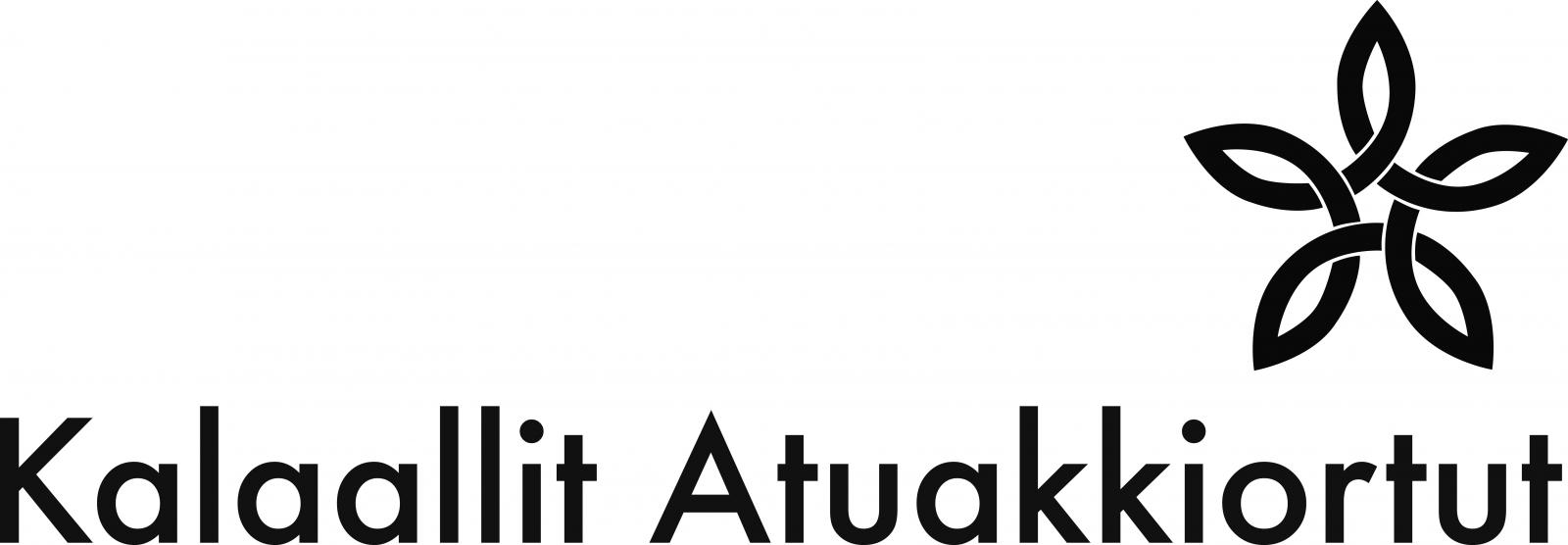



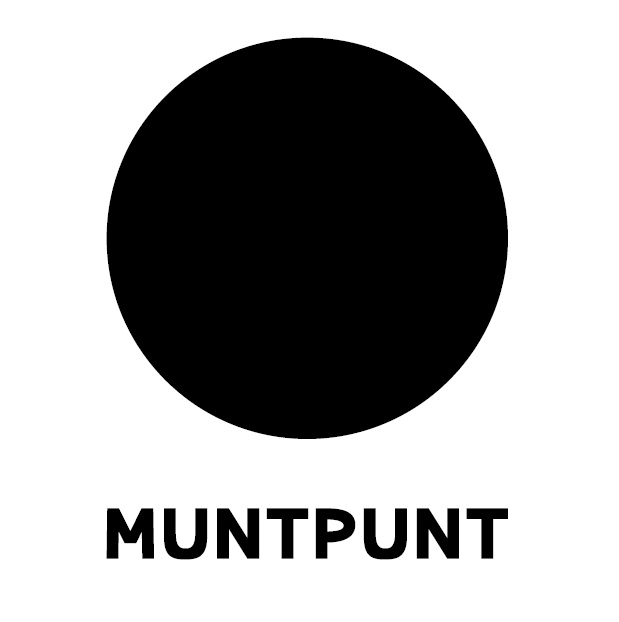
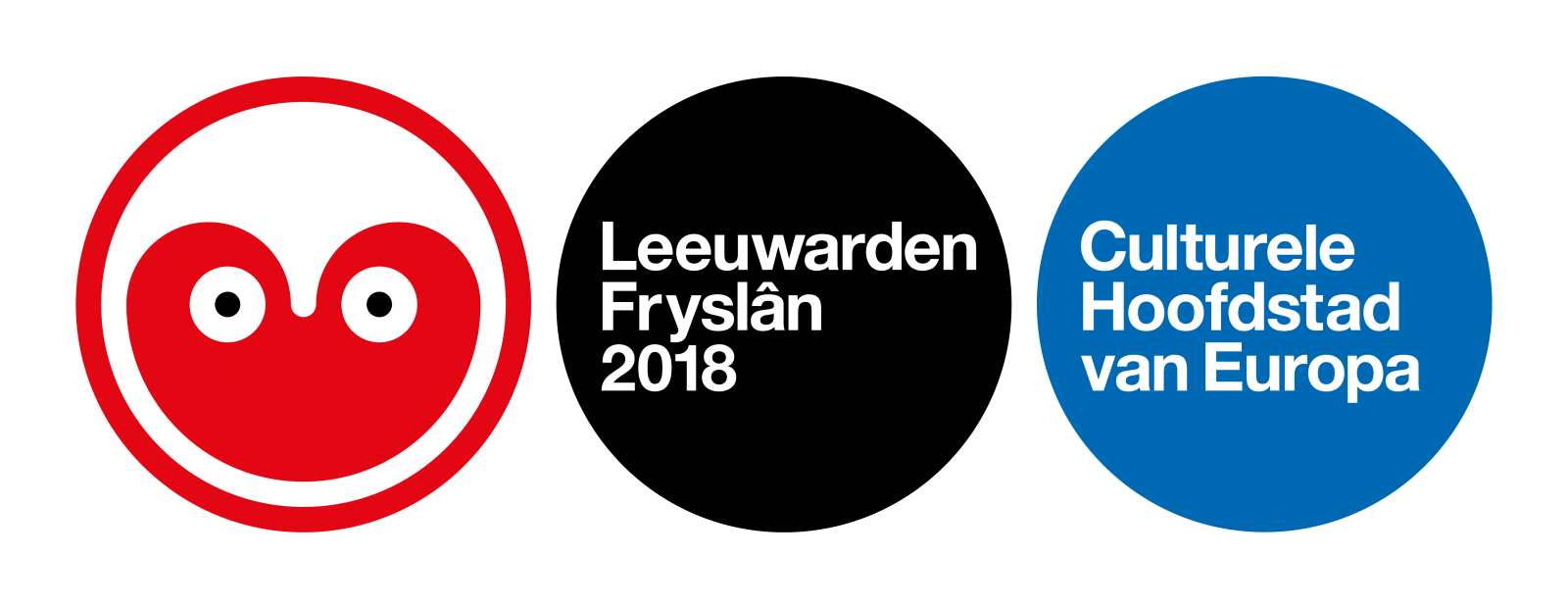
/RO - on the website.png)
